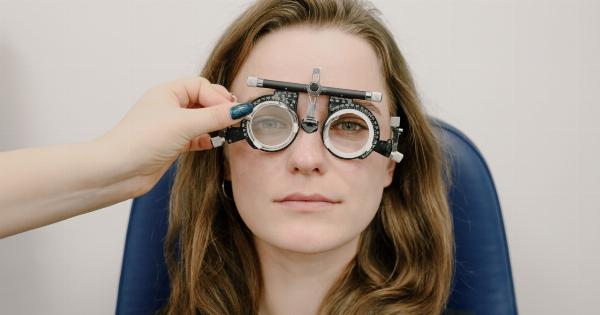World Mental Health Day, observed on October 10th each year, provides an opportunity to raise awareness about mental health issues and advocate for change. One crucial aspect of mental health that requires urgent attention is youth mental health.
The mental well-being of young individuals plays a significant role in their overall development and future success. With the increasing prevalence of mental health conditions among young people, it is imperative to prioritize their mental well-being and work towards creating positive change.
The Importance of Youth Mental Health
The mental health struggles faced by today’s young generation cannot be ignored. According to the World Health Organization (WHO), half of all mental health conditions begin by the age of 14 and often go undetected and untreated.
Left unaddressed, these conditions can significantly impact a young person’s education, relationships, and overall quality of life.
Mental health issues among the youth are diverse and can range from anxiety and depression to eating disorders, self-harm, and substance abuse.
Factors contributing to these struggles include academic pressure, social media influence, bullying, family conflicts, and the overall socio-cultural environment. Hence, it is crucial to advocate for change and prioritize youth mental health.
The Need for Awareness and Education
One of the primary ways to address youth mental health issues is through awareness and education.
By increasing understanding and knowledge about mental health conditions, their symptoms, and available resources, we can reduce stigma and encourage early intervention.
Schools, colleges, and other educational institutions should implement comprehensive mental health education programs that teach young individuals about emotional well-being, stress management, coping strategies, and the importance of seeking help when needed. These programs can also equip teachers and parents with the knowledge to recognize potential signs of mental health issues and provide appropriate support.
Accessible Mental Health Services
While awareness and education play a vital role, they are not sufficient without easily accessible mental health services. Young individuals facing mental health challenges should have no barriers when seeking professional help.
Governments and healthcare organizations must prioritize mental health services specifically tailored for young people.
This includes increasing the number of mental health professionals, establishing more mental health clinics in schools and colleges, and implementing helplines or online platforms where young individuals can seek anonymous support and guidance.
Addressing the Impact of Social Media
Social media has become an integral part of young people’s lives. However, it also brings its own set of challenges for mental health.
The constant exposure to curated images, cyberbullying, and the pressure to conform to unrealistic standards can significantly impact a young person’s self-esteem and well-being.
Efforts should be made to educate young individuals about healthy social media usage and the importance of digital well-being.
Promoting positive online communities and encouraging young people to engage in offline activities can also help reduce the negative impact of social media on their mental health.
The Role of Peer Support
Peer support can be a powerful tool in promoting positive mental health among young people.
Establishing peer support groups within schools, colleges, and communities allows young individuals to connect with others who may be experiencing similar challenges.
Peer support groups provide a safe space for sharing experiences, offering support, and learning coping strategies from peers who can relate to their struggles.
Encouraging young individuals to engage in open conversations and promoting a culture of empathy and acceptance can go a long way in creating a supportive environment for youth mental health.
Reducing Stigma and Encouraging Help-Seeking
One of the biggest hurdles in addressing youth mental health is the stigma associated with seeking help. Young individuals often fear judgment, rejection, or being labeled as weak if they open up about their mental health struggles.
Efforts should be made to foster a culture that normalizes mental health discussions and seeks help when needed.
This can involve sharing personal stories of resilience, utilizing social influencers to advocate for mental health, and organizing community events that aim to reduce stigma and promote open discussions.
Family Support and Communication
The role of family in supporting young individuals’ mental health cannot be overstated. Parents, guardians, and siblings need to be educated about mental health and the importance of open communication.
Creating an environment where young people feel safe and comfortable discussing their emotions and concerns is crucial. Family members should be encouraged to actively listen, show empathy, and provide support without judgment.
Strengthening the family support system contributes significantly to the overall well-being of young individuals.
The Power of Advocacy
Advocacy plays a vital role in bringing about widespread change. Youth mental health should be firmly placed on the agenda of policymakers, healthcare providers, and communities.
Advocacy efforts can involve lobbying for increased funding for mental health services, shaping policies that prioritize mental well-being in schools and colleges, and organizing awareness campaigns to promote understanding and compassion.
By advocating for youth mental health, we are not only supporting the well-being of young individuals but also investing in a healthier and more resilient future society.
The Time for Change is Now
On World Mental Health Day and beyond, it is essential to recognize that youth mental health matters.
By prioritizing awareness, education, accessible services, and support systems, we can pave the way for positive change and improve the lives of countless young individuals.
Together, let us raise our voices, break the silence, and advocate for a world where youth mental health is given the attention and care it deserves.






























